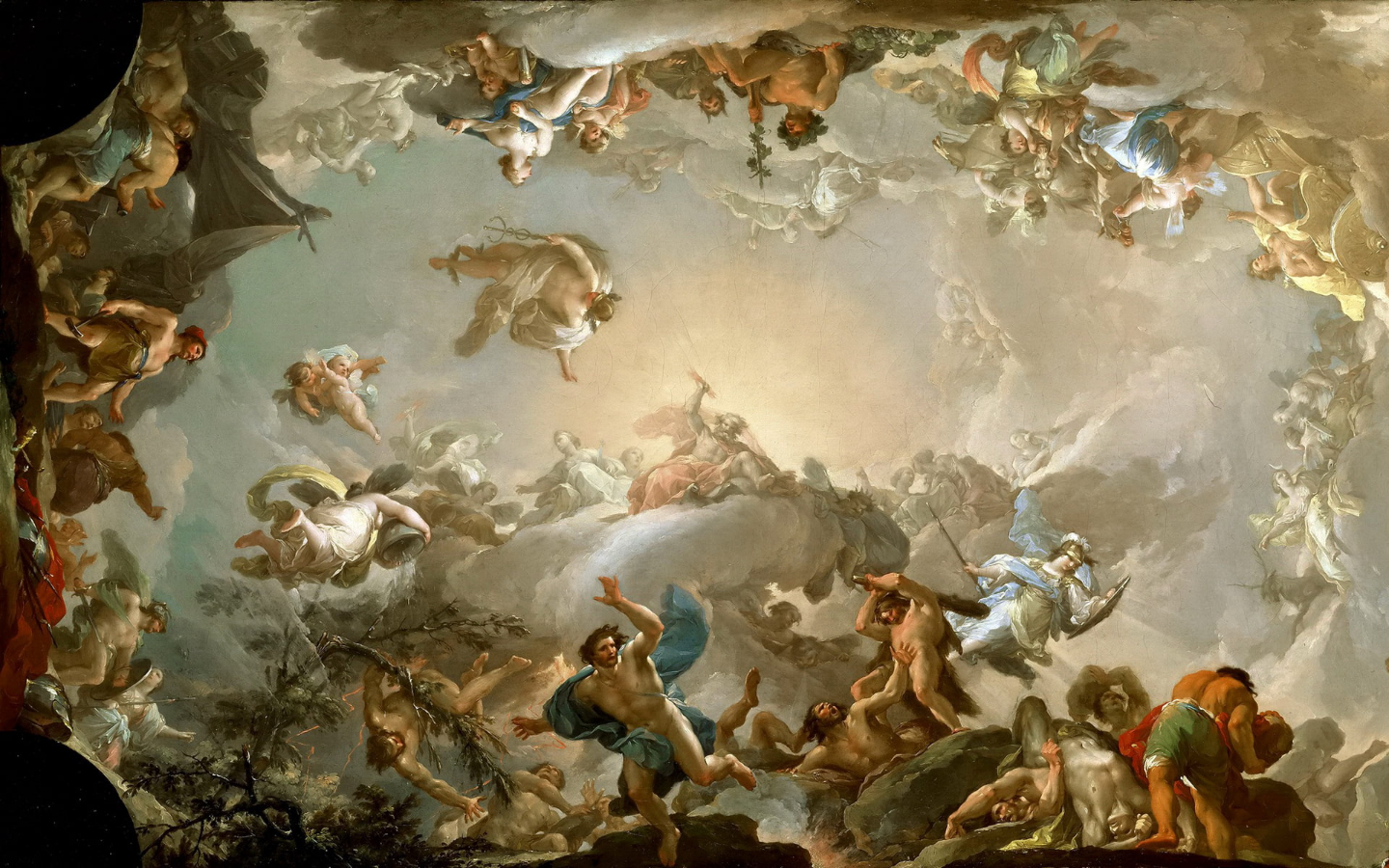Predestination has long been a profound and complex topic within Christian theology, deeply intertwined with questions about divine foreknowledge, human free will, and the nature of salvation. Among the most significant contributions to this discourse are those of Luis de Molina and Thomas Aquinas, whose differing perspectives provide a rich field for theological exploration.
Thomas Aquinas: The Thomistic View On Predestination
Thomas Aquinas, a preeminent medieval theologian, articulated his views on predestination within the broader framework of his metaphysical and theological system. Aquinas’s understanding of predestination is closely linked to his concepts of divine omniscience and omnipotence. According to Aquinas, predestination is a part of God’s eternal plan, where God, in His omniscience, knows from all eternity who will be saved and who will be damned. This foreknowledge, however, does not negate human free will.
Aquinas posits that God’s grace is both necessary and sufficient for salvation, but this grace does not override human free will. Instead, it enables the will to act in accordance with God’s salvific plan. In “Summa Theologica,” Aquinas writes, “God wills all men to be saved and to come to the knowledge of the truth” (1 Timothy 2:4), but the realization of this salvation is contingent upon human cooperation with divine grace.
Aquinas’s view upholds a delicate balance: while God’s predestining will is definitive and unchangeable, it does not force salvation upon anyone. Human free will remains intact, and individuals must freely choose to cooperate with the grace that God offers.
Luis de Molina: The Molinist Perspective
Luis de Molina, a 16th-century Jesuit theologian, presented a different approach to the question of predestination, known as Molinism. Molina sought to reconcile God’s foreknowledge with human free will through the concept of “middle knowledge” (scientia media). This middle knowledge refers to God’s knowledge of all possible scenarios and the free decisions individuals would make in any given circumstance.
Molina argued that God’s predestination is based on His middle knowledge. God knows what each person would freely choose in any possible situation, and He predestines individuals based on this foreknowledge of their free decisions. This approach emphasizes human freedom to a greater extent than Aquinas’s model. According to Molina, God’s grace is prevenient and offered to all, but it is ultimately up to the individual to accept or reject it.
In Molina’s system, God’s grace is not irresistible. While God provides sufficient grace for salvation to everyone, whether a person is ultimately saved or not depends on their free response to this grace. This maintains a strong emphasis on human responsibility and freedom.
Comparing Aquinas and Molina On Predestination
The primary difference between Aquinas and Molina lies in their views on how divine foreknowledge and human free will interact in the context of predestination.
- Divine Knowledge: Aquinas holds that God’s knowledge is comprehensive and includes foreknowledge of all events, but it does not compromise human freedom. Molina, however, introduces the concept of middle knowledge to explain how God can know free actions without determining them.
- Human Free Will: Both theologians affirm the importance of human free will, but Molina places a greater emphasis on the autonomy of the human decision in response to divine grace. Aquinas sees God’s grace as ultimately efficacious but still requiring human cooperation.
- Nature of Grace: In Aquinas’s view, grace is powerful and transformative, ensuring that those who are predestined will respond positively. Molina, however, argues that grace, while sufficient, is not irresistible, and human beings retain the genuine freedom to accept or reject it.
Conclusion
The debate between the Thomistic and Molinist views of predestination reflects broader theological questions about the nature of God’s knowledge, human freedom, and the mechanics of salvation. Aquinas’s approach emphasizes the sovereignty and efficacy of divine grace, while Molina seeks to uphold the integrity of human free will within the framework of God’s omniscient plan. Both perspectives contribute to a richer understanding of predestination, encouraging believers to trust in God’s providence while actively cooperating with His grace in their journey toward salvation.
